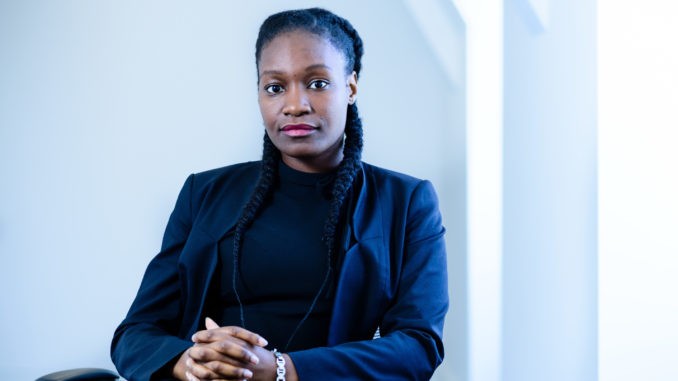
Artificial Lawyer has been following the development of UK law firm Mishcon de Reya’s start-up incubator, MDR LAB, since its inception. Last month we heard the views of the start-ups in terms of what they got out of the 2017 programme, now it’s the turn of the lawyers who worked with the start-ups to say what they thought about it all and what they got out of the experience.
It’s inspiring feedback and underlines the appetite inside law firms for learning more about legal tech and how it can help. Incubators may not be the only pathway to doing this, but going by the responses from these five Mishcon lawyers it’s certainly a very successful way to do it. But, don’t listen to me, hear what the lawyers have to say.
Victoria Pigott, Partner in Mishcon Private, commercial litigator and MDR LAB Mentor
When I learned we were launching MDR LAB, my initial reaction was ‘about time!’ I am always staggered by how far behind the legal industry is compared to others. If you ever see a trial taking place in court you will know how old fashioned it is; paper everywhere, files floor to ceiling, armies of clerks to move bundles every morning and evening, judges not being able to find documents in bundles, witnesses not having the right page of their statement. It’s slow paced and tedious – despite the dispute in question often being worth hundreds of millions of pounds.
I often find myself thinking ‘if only we could…’ and thinking of technology that could make life as a litigator so much easier – and more efficient.
The fact that the companies are early stage is also a good thing; we can mould the technology to exactly our specifications rather than adapting technology from other industries or jurisdictions. They already had the ideas when they came to us – we were in the fortunate position of being able to say ‘that’s a great idea. And what I would also like to see is…’
All the litigators here at Mishcon de Reya that I worked with were immediately enthusiastic and saw the potential in what we were trying to do. Everyone has been a trainee and will remember the wholly unnecessary agony of bundling and other menial time consuming challenges you face that could easily be solved by proper technology.
I really enjoyed the process of mentoring. It was fascinating to see why they had decided to start their companies (almost always borne out of frustration when having to do the job themselves) and the ways in which they were trying to solve tricky problems. It was interesting to see the challenges faced by start-ups – even those who were building fantastic ideas into reality. To generalise – lawyers are stuck in the dark ages and many senior lawyers hate the idea of change/technological advances. I hope we can leave them behind.
A client’s first priority is legal advice. Their second will inevitably be costs. All of the MDR LAB companies were looking at ways of making the legal profession more efficient – and therefore more cost efficient. For lawyers, we understand that some of the work we do is going to have to be boring and repetitive, especially for junior lawyers. However, bringing in technology to decrease the mindless and time consuming tasks that take up so much of a junior lawyer’s time, can only be a good thing.
It’s exciting to see what they will come up with this year.
—
Laura Edwards, Managing Associate in the in the Insolvency and Financial Defence group, Dispute Resolution department
Initially, I expected not to notice the presence of the LAB companies. We’re all busy with our day jobs, and I did not expect that the project would have a direct effect on me, at least in the short-term. Longer-term, I expected that the initiative would help to ensure that Mishcon de Reya and the firm’s people are not behind the curve of technological change. As I’ve progressed in my career, I’ve become increasingly aware of the frightening pace of tech development, and I have been increasingly mindful about the risk of becoming out of touch.
I wasn’t originally signed up to help with MDR LAB, but I became involved because a number of us were asked to give views on the utility of software that one of the start-ups had developed. I instantly hit it off with the crew at Ping – I found them to be incredibly smart, forward-thinking and spirited people. I saw in them that technology can be used to make us better lawyers in every respect – in other words, I realised that being tech-savvy is not a goal unto its self. I also appreciated the opportunity to bounce around ideas with people who, with an abundance of entrepreneurial flair, are on the crest of a wave in the development of their business. They are filled with energy and creative flow. Even though Mishcon de Reya is known to be a particularly creative and dynamic firm, the buzz from the Lab’s start-ups was something quite special and out of the ordinary.
Whenever you’re working on something outside of your case load, there’s a danger of feeling that the work isn’t as valuable. This was absolutely not the case in relation to MDR LAB. The project enabled us to have an influence in the design and functionality of technology that will change the way that we practice; make us more efficient and position us to deliver the most cutting-edge legal services. It was undoubtedly a worthy investment of time.
I really benefited from working closely with people whose minds are wired differently – i.e. people who are operating outside of the legal sector! I think this insight has made me more sensitive to the fact that a lawyerly approach is not the only approach to problem solving.
On an individual level, MDR LAB gives us the opportunity to develop as lawyers by using technology to increase our productivity and efficiency and enhance the fulfilment that we derive from our work. The technology implemented by the firm as a result of MDR LAB brings the challenge of learning new tech-skills as well as the enduring benefit of spending less time on tasks that technology is better suited to perform. At a firm level, it gives us the competitive edge – being ahead of the game by using tech resources to deliver better services for our clients. Plainly, a legal team that is technologically advanced and supported is better placed to deliver a successful result.
—
Deepa Somasunderam, Associate (Barrister) in the International Arbitration group, and MDR LAB Mentor
As a mentor to Everchron, my role was to guide them internally within the firm to ensure the product was exposed to as many litigators as possible.
The most exciting aspect of the LAB was product testing. Learning to use the product, testing it on live cases, providing feedback and actually watching the product evolve as they designed and implemented improvements was a very engaging process. It was also interesting to watch the ways in which the various specialist groups within the firm used Everchron and the specific changes they requested that were relevant to their practices. Given that London is a legal centre for international disputes and so much of our work has an international angle, working with us also turned Everchron’s attention to the potential of legal markets in other regions.
It is not only the start-ups that benefited. The LAB allows lawyers to fully experience legal tech in a very tangible way – we were able to not just test the products but understand everything that goes into creating and running a start-up. As well as exposing lawyers to a new industry, the LAB gives us a sense of the changes taking place in the legal industry and the direction in which it is heading.
As a result of the LAB, we are all much more engaged with the tech community and importantly, open to testing new products which streamline our work and make our lives easier.
—
Claudine Adeyemi, Associate in the Real Estate Dispute Resolution team, and MDR LAB Mentor
Whilst I initially thought that MDR LAB was an innovative idea, I wasn’t sure about how much I as a lawyer would be able to help and support them throughout their time in the programme.
Having an additional role as a mentor for Orbital Witness did take time out of my day which could have otherwise been spent on billable work, however, I was interested and passionate about the initiative and was keen to be involved. When you have that level of interest, you make time for it. For others in my department who were not mentors, they were still able to get involved by supporting the start-ups through consultations, testing products and giving feedback and insights on the products and the industry. It wasn’t compulsory for anyone to get involved but the general feeling throughout the firm is that this is a very exciting and interesting initiative and so it attracted lots of volunteers who were happy to give up their time to contribute to the development of these start-ups.
Personally, I thoroughly enjoyed it. I was able to meet and engage with some cool people behind the start-ups taking part in the LAB and received positive feedback about the support that I was able to provide. I learnt a lot about the start-up world and more about Mishcon de Reya as a business too.
I think the overall benefit is innovation. MDR LAB gives the firm, our intermediaries and our clients access to the next innovative digital solutions to existing problems with the way we work and operate within our industries. It also inspires us all to be more proactive in our efforts to achieve a digital transformation at the firm – as part of our Ten Year Vision.
If I’m invited back to be a mentor this year I’d like to spend even more time with my start-up to understand as many of their challenges as possible so that I can support them to get the most out of the LAB.
—
And, a last word by Andrew Wolfin, Legal Director:
Last year MDR LAB generated a tremendous buzz – I was proud to be part of a firm which is championing young businesses who are seeking to revolutionise our industry. As so much of my practice is working with start-ups, entrepreneurs and growing businesses, I was extremely keen to get involved in the 2018 programme.
I believe that initiatives like the LAB are a great way for us to invest in the next generation of businesspeople and, for a corporate and commercial lawyer in particular, there are so many opportunities for us to try and add value and help these businesses to reach their potential.
Wow. Thank you very much Victoria, Laura, Deepa, Claudine and Andrew at Mishcon, those were tremendous responses that really brought the whole experience to life. Artificial Lawyer can’t wait to see what happens with the next cohort at MDR LAB and the benefits it brings to the firm’s lawyers, its clients and the start-ups themselves.
If you are a start-up there is still time to apply to the LAB for the 2018 programme, but hurry! Check out the application details here.
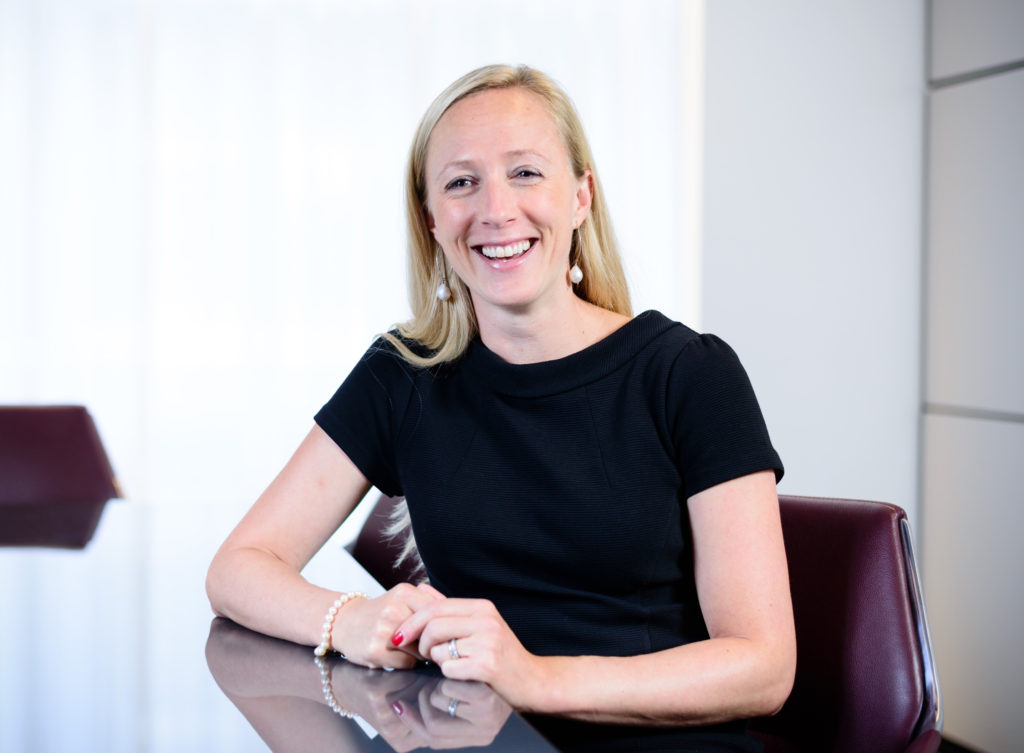
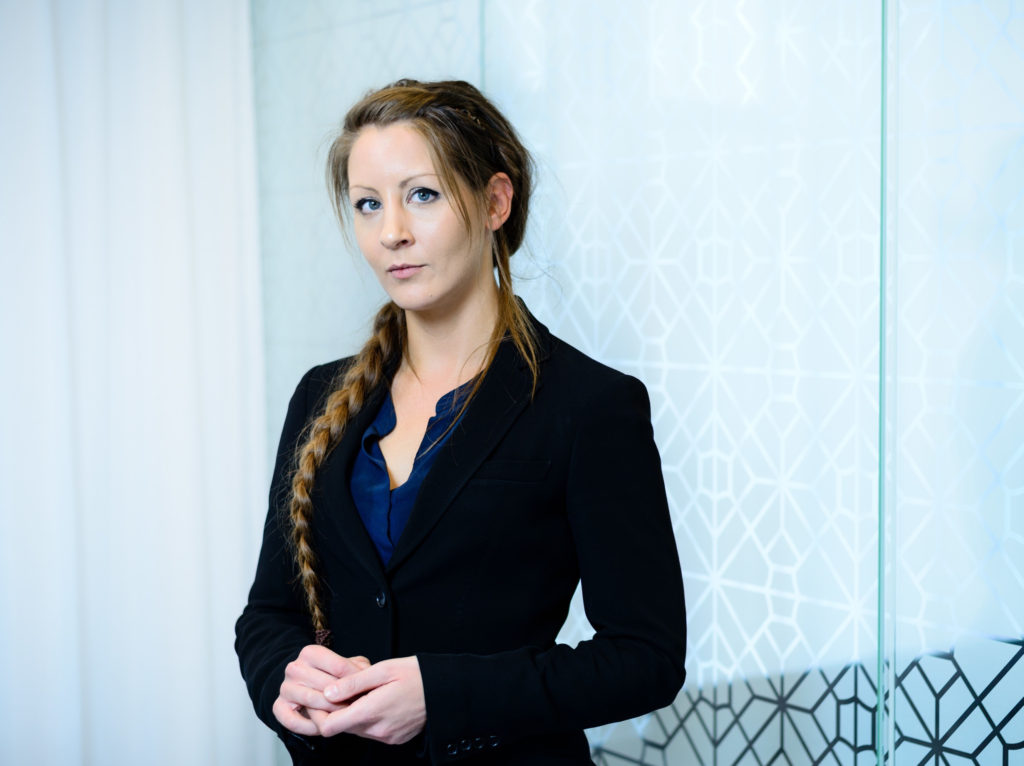
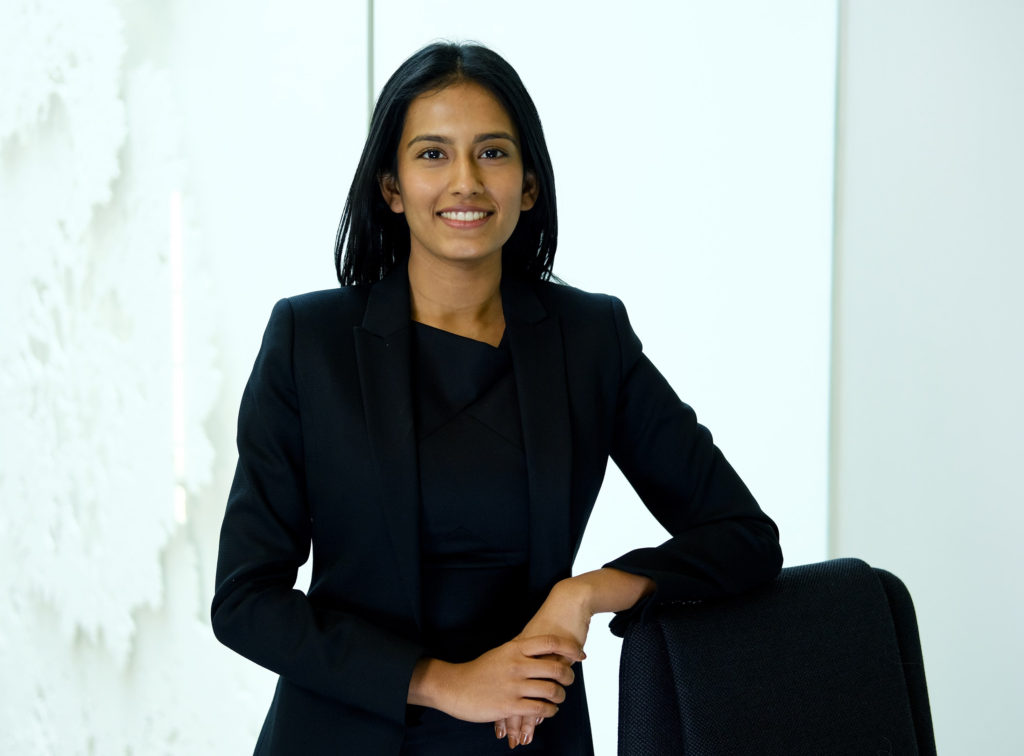
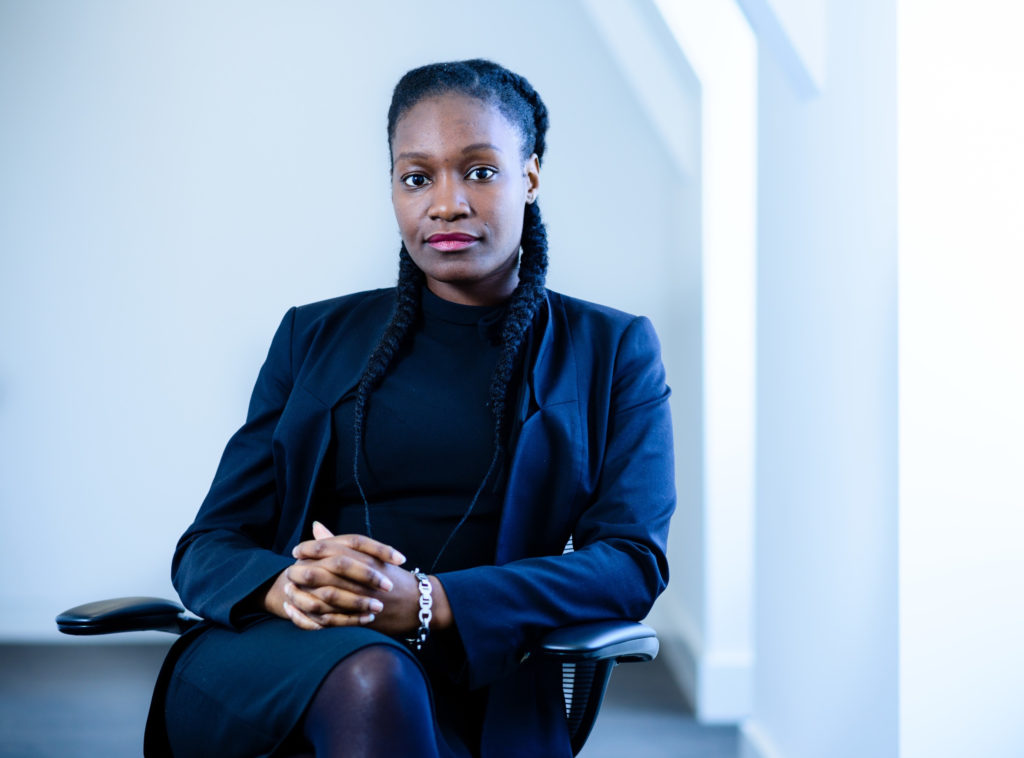
3 Trackbacks / Pingbacks
Comments are closed.